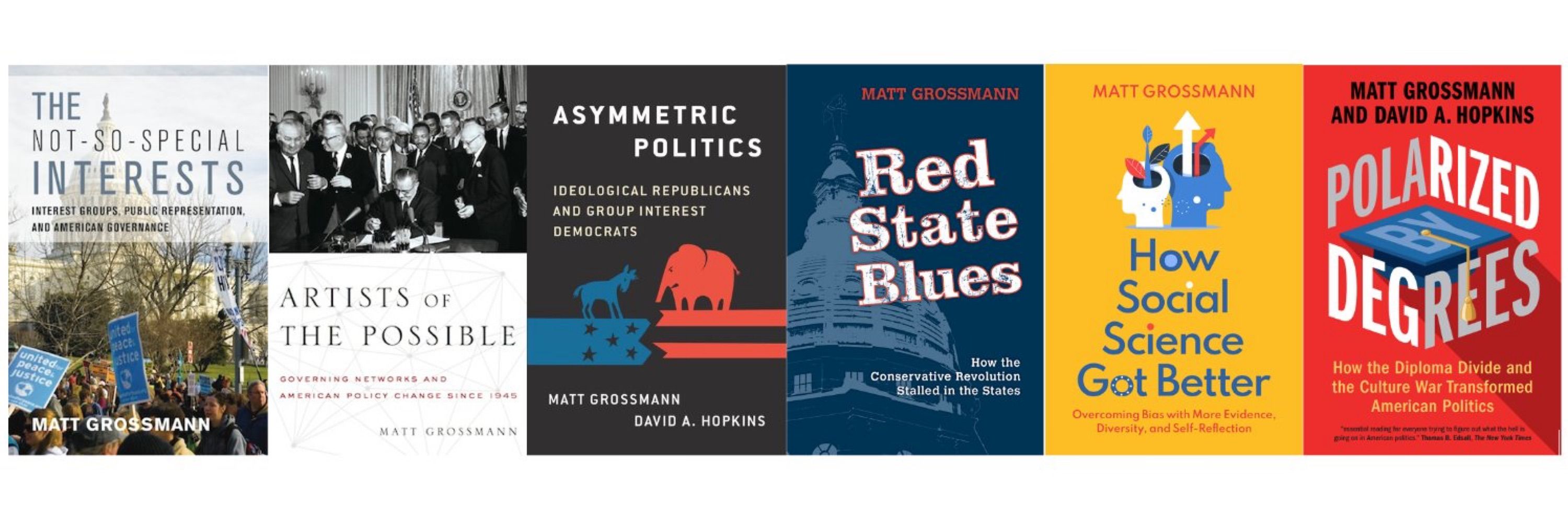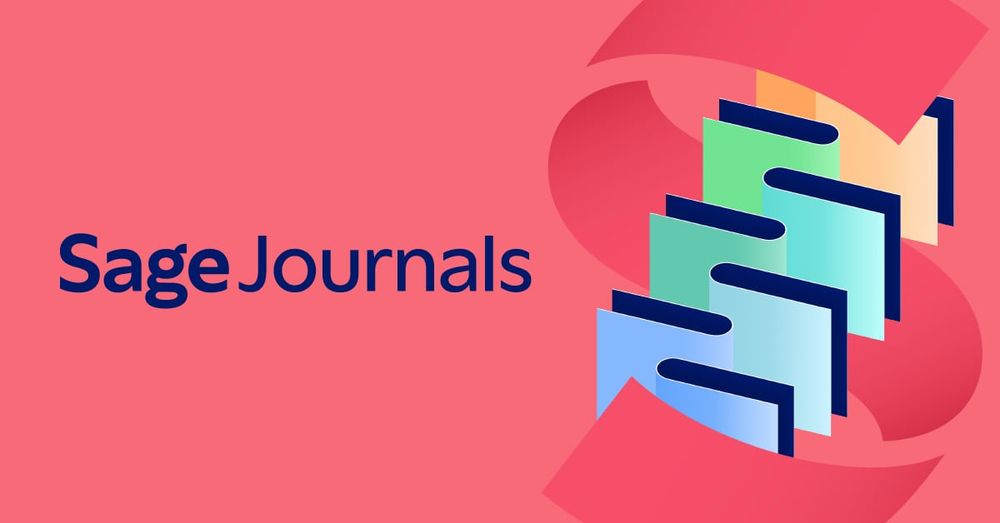
Michigan State political scientist & IPPSR Director; Hooked bookstore/cafe Co-owner; Science of Politics Podcast; New book: Polarized by Degrees

www.nber.org/papers/w34813
www.journals.uchicago.edu/doi/full/10....

www.insidehighered.com/news/faculty...
These universities will operate with existing tenured faculty but current assistants will be converted to fixed-term; regents still have to accept
Reposted by Matt Grossmann

✔️ Jan 6 pardons
✔️ Subdued opposition but eventual rally
✔️ Wield DOJ vs. enemies
✔️ Chilling effects of DOJ abuse
✔️ High-profile firings
✔️ Mass deportation
✔️ Challenge elections in future
❌ didn't foresee DOGE
❌ didn't foresee ICE/CBP $$$

www.usglc.org/the-budget/c...

www.edweek.org/policy-polit...
Any explanations of leeway compared to 2025?

journals.sagepub.com/doi/10.1177/...

healthpolicy-watch.news/9-42-billion...
Can someone explain whether they implicitly approved the move of USAID activities to State, disapproved it, or remained silent?
www.cambridge.org/core/journal...
Reposted by Jon Green, Scott Clifford, Beatriz Gallardo Paúls

www.tandfonline.com/doi/full/10....

